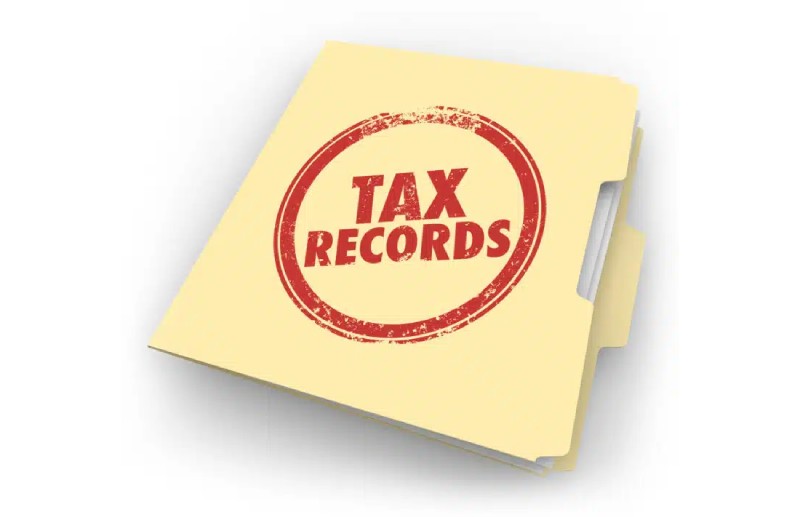
Tax records are essential documents that individuals and businesses must keep to comply with the Canadian Revenue Agency (CRA) requirements. The length of time these records should be retained can vary depending on various factors.
This article will discuss how long to keep tax records in Canada according to current regulations.
The CRA requires businesses to retain all income tax records and GST/HST returns for a minimum of six years from when the return was filed or due.
This applies to paper and electronic files, such as digital copies of invoices and emails. In addition, any receipts that support deductions on income tax returns should also be kept for at least six years after filing or paying the relevant taxes.
Businesses may need to retain certain documents for longer than this if there has been an audit or other enquiry into their affairs by the CRA.
For self-employment income, individuals should keep records for at least six years. This includes both personal and business expenses, as well as any receipts or invoices related to the transactions.
It is important to note that this recommendation may vary depending on factors such as how much income was earned in a given year and whether or not there are still outstanding liabilities associated with those earnings. In addition, individuals should securely store all tax returns filed within the past six years somewhere safe for future reference.
Generally speaking, there are three main types of records that need to be kept: financial statements, sales documents and receipts, and employee payroll registers.
Storing these documents securely helps ensure they remain available if needed by officials from the Canada Revenue Agency (CRA) or similar government agencies in Canada.
It also allows easy access when filing taxes or preparing financial reports for investors or lenders at any given time during the year.
The Canadian government has put in place strict laws around record-keeping that are enforced by the Canada Revenue Agency (CRA). Penalties may vary depending on the severity of the offence, but they range from monetary fines to imprisonment.
In addition, taxpayers who fail to meet their filing requirements could face additional interest and penalties added onto any outstanding balances owed at a rate of 5% per month with no maximum limit set.
Furthermore, if individuals destroy or falsify records deliberately or negligently, they may be barred from claiming certain deductions or credits.
The task of keeping track of tax records can seem daunting; however, it is necessary if one wishes to maintain accurate documentation and avoid potential penalties or consequences related to incorrect filing.
By understanding the various requirements associated with record keeping, individuals and businesses can ensure that their taxes are managed efficiently. Just like building a house requires strong foundations, managing taxes also needs reliable underlying structures.
A beautiful and lively garden can add life to your outdoor space and make it… Read More
Teams working in marketing and digital are familiar with the challenges of striking a balance… Read More
DafaNews, a prominent platform providing real-time sports updates and in-depth analysis, has launched “The Game… Read More
Travel has a way of enriching the soul, offering experiences that shape perspectives and create… Read More
The commercial real estate industry is changing rapidly, driven by technological advancements, sustainability initiatives, and… Read More
Zoom Tasks, a new AI-powered task management tool integrated into Zoom Workplace, has been formally… Read More